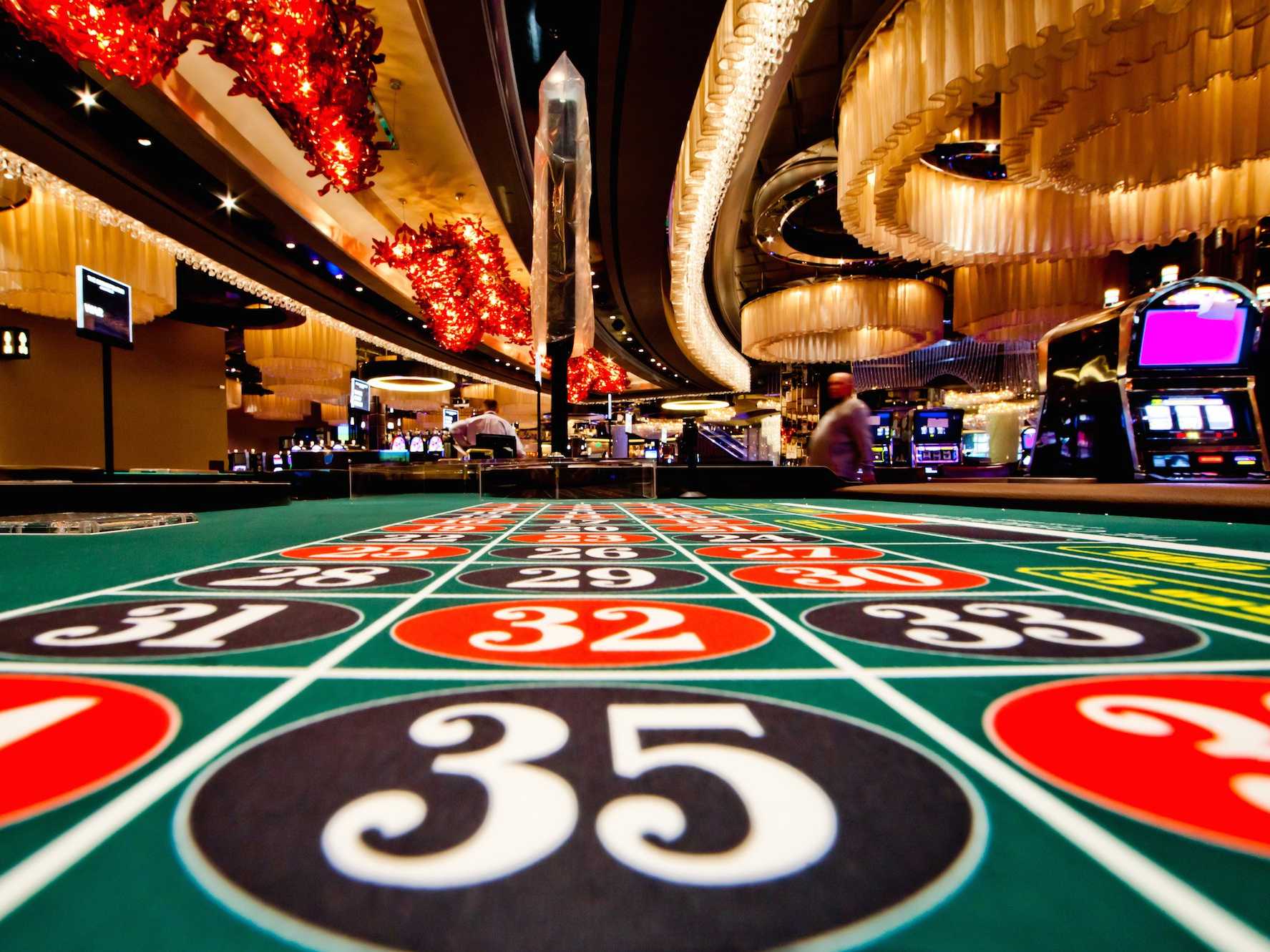Casino games have captivated players for centuries, progressing from simple pastimes to intricate adventures that combine luck, skill, and fun. From the historical origins of gambling in cultures like the ancient societies of Mesopotamia and Rome to the extravagant corridors of modern casinos, the evolution of these games shows much about our nature and our relationship with risk. As cultures have merged and technological advancements have occurred, casino games have changed, reflecting shifts in society and developments in gameplay.
The initial iterations of gambling likely involved elementary dice-based games and wagering on the results of athletic contests. Through the years, these early games grew into more structured games like playing card games, roulette, and the multitude slot games that fill the premises of casinos today. Every generation brought its own set of rules, design elements, and cultural importance. Jun88 In the current era, casino games continue to evolve with the rise of digital gaming platforms, enabling players from all corners of the globe to join in a collective experience, further fusing the traditional with the modern era.
Early Origins of Gambling Activities
Gaming games have roots that extend back to ancient civilizations, where gambling was strongly integrated in cultural practices and social customs. The earliest known instances of gambling emerged in Mesopotamia around 3000 BC, involving primitive die games made from bone material. These early games laid the foundation for more complex gambling activities, demonstrating human beings’ innate urge to pursue wealth and amusement through luck.
As societies evolved, so did their gambling interests. In historic China, around 2300 BC, tiles were discovered that looked like early rudimentary forms of a lottery game activity. More structured instances of betting emerged in the Roman civilization, where activities of chance were a frequent pastime, often occurring in social gatherings. The ancient Romans developed multiple wagering activities, which entailed dice and table games, illustrating the widespread nature of gambling across various social classes.
With the movement of years, these primitive games influenced the progress of modern gambling activities. In the Middle Ages, playing card activities became prevalent in Europe, paving the way for the organized gambling establishments we know today. The shift from informal betting to organized gaming in pubs and personal homes marked a significant shift in how people engaged with games of luck, leading to the eventual establishment of gaming houses as specialized places for betting.
The Growth of Modern Gambling Industry
The final 1960s and 1970s marked a significant change in the world of casino games, driven by technological progress and transformations in societal views towards gambling. The introduction of computers and the internet revolutionized the way players engaged with their beloved games. Virtual casinos emerged, enabling gamers to enjoy timeless casino classics like Texas Hold’em and 21 from the comfort of their own homes. This new online environment not only broadened access to casino games but also drew in a fresh crowd who found the ease and variety appealing.
As digital gambling gained momentum, so did advancements in casino tech. The development of advanced programs and visual elements changed classic casino games into engaging experiences. Gamblers could now interact with live live dealers through live feeds, bringing the vibe of physical casinos directly into their homes. This fusion of in-person play with digital interfaces created a unique hybrid experience that elevated the community element of gambling, making it possible for people to engage and challenge with others around the world.
Furthermore, the rise of mobile gaming substantially changed the gambling environment. With the ubiquitous use of smartphones and touch devices, gamblers can play their beloved casino games at any location, at any time. Mobile apps offer a extensive range of options tailored for touchscreens, catering to the fast-paced daily life of modern users. This accessibility has resulted in increased participation in casino games, driving the surge of the gaming industry. As a result, the outlook of gambling continues to progress, responding to new technologies and shifting player expectations.
How Technology Influences Casino Games

The evolution of technology has significantly transformed casino games, enhancing the overall experience for players for players around the world. With the introduction of the internet, online casinos emerged, allowing players to play their preferred games from the safety of their own homes. This shift not only made casino games more accessible but also expanded the variety of games available, as online platforms could host numerous variations of traditional games without the physical constraints of brick-and-mortar establishments.
Mobile technology further revolutionized the casino gaming landscape. With the proliferation, players can to play casino games anytime and anywhere. This flexibility has resulted in the creation of dedicated mobile applications and optimized websites that offer smooth gaming experiences. Additionally, advancements such as live dealer games have delivered the authentic atmosphere of a casino into players’ living rooms, connecting between physical and online gaming.
Moreover, advancements in artificial intelligence and virtual reality are leading to the next generation of casino games. AI improves game design and player interaction, creating tailored experiences based on user behavior and preferences. Meanwhile, virtual reality provides immersive environments where players can engage in a simulated casino setting, making the gaming experience more engaging and realistic. As technology continues to evolve, the future of casino games seems bright, filled with endless possibilities for advancements and entertainment.